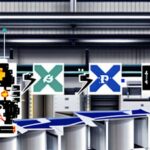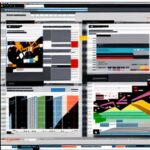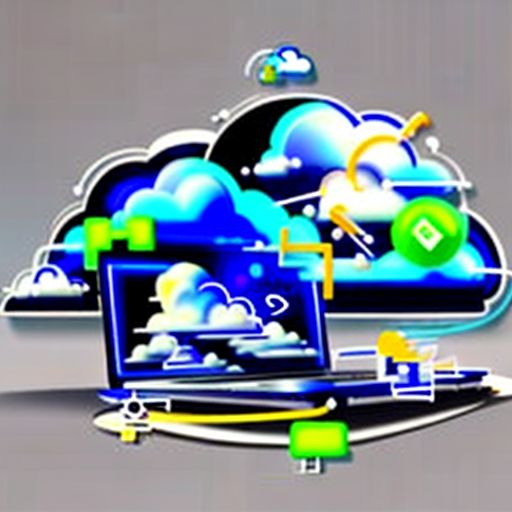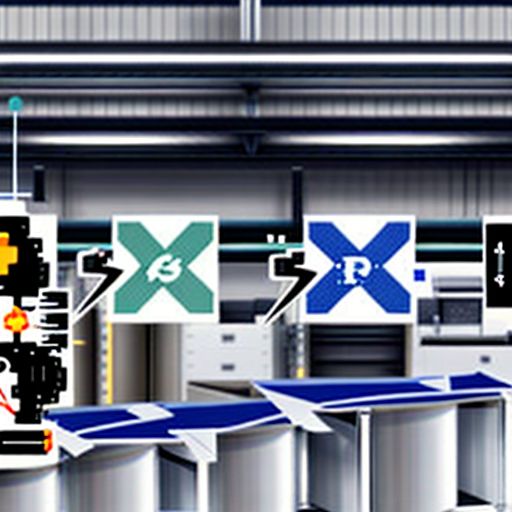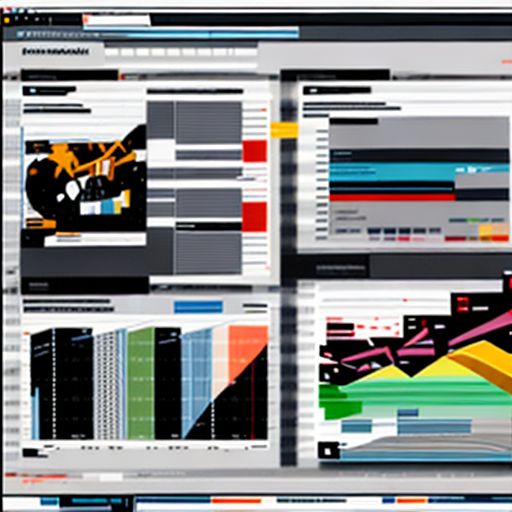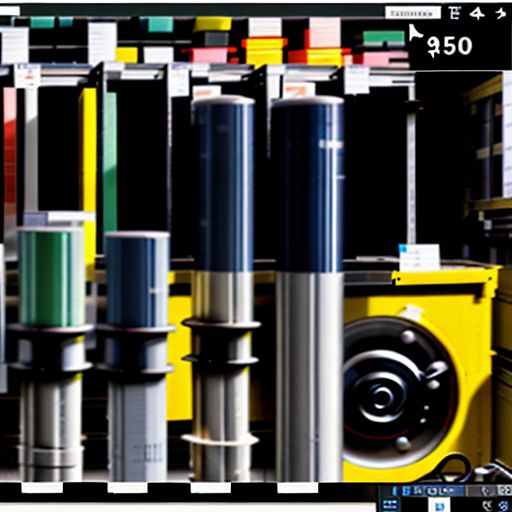Choosing the right ERP software is a critical decision for any business. It’s a big investment – not just financially, but also in terms of time and resources. That’s why comparing ERP software options thoroughly is crucial to finding the perfect fit for your company’s unique needs.
This comprehensive guide will walk you through everything you need to know about comparing ERP systems, from understanding key features to asking the right questions.
Understanding ERP Software and Why It Matters
ERP stands for Enterprise Resource Planning. Think of it as a digital brain for your business. ERP software integrates all your core business processes into a single system, including:
- Financials: Accounting, budgeting, financial reporting
- Supply Chain Management: Inventory, procurement, production
- Human Resources: Payroll, benefits, talent management
- Customer Relationship Management (CRM): Sales, marketing, customer service
The Benefits of Implementing an ERP System
Why are so many businesses turning to ERP solutions? Here are a few compelling reasons:
- Improved Efficiency and Productivity: Streamline operations, automate tasks, and eliminate data silos.
- Better Decision-Making: Access real-time data and analytics for greater business insights.
- Enhanced Collaboration: Facilitate communication and data sharing across departments.
- Cost Savings: Reduce operational costs and increase profitability over time.
Key Considerations When Comparing ERP Software
erp.bartenderqh.com/wp-content/uploads/2024/07/erp-software-comparison-chart-66948e.jpg" alt="ERP Software Comparison Chart" width="512" height="512">ERP Software Comparison Chart
Now that you understand the “why” behind ERP, let’s explore the key factors to consider when comparing ERP systems:
1. Business Needs and Requirements
- Industry Specific vs. General ERP: Some ERP solutions are tailored for specific industries (e.g., manufacturing, healthcare), while others are more general purpose.
- Company Size: Small businesses have different needs than large enterprises.
- Budget: Determine a realistic budget for your ERP implementation.
2. Deployment Options: Cloud vs. On-Premise
- Cloud ERP (SaaS): Software is hosted on the vendor’s servers and accessed via the internet. Often more affordable upfront, with lower IT maintenance costs.
- On-Premise ERP: Software is installed and run on your own servers and hardware. Provides more control but requires greater IT infrastructure and expertise.
3. Essential Features and Modules
- Financial Management
- Supply Chain Management
- Human Capital Management
- Customer Relationship Management
- Business Intelligence and Reporting
- Manufacturing (if applicable)
4. Integration Capabilities
Consider how well the ERP software integrates with your existing systems and future technology needs.
5. Vendor Reputation and Support
Research potential vendors, read reviews, and ask for references.
Frequently Asked Questions About Comparing ERP Systems
What is the best ERP software for small businesses?
The best ERP software for your small business will depend on your specific industry, budget, and needs. Popular options for small businesses include QuickBooks Enterprise, Xero, and Zoho.
How much does ERP software cost?
ERP software costs vary widely based on factors like deployment model (cloud vs. on-premise), the number of users, and the features you choose. Cloud-based solutions often have subscription fees, while on-premise systems typically involve upfront licensing costs.
What are the key features to look for in ERP software?
Essential ERP features include financial management, inventory control, CRM, and reporting. Prioritize the modules and features that align with your business priorities.
What is the difference between ERP and CRM?
While both are vital for business operations, CRM (Customer Relationship Management) focuses specifically on managing customer interactions, sales, and marketing, while ERP provides a broader view of all business operations.
Conclusion
Selecting the right ERP software is a journey, not a sprint. By carefully considering your business needs, exploring available options, and asking the right questions, you can find an ERP system that will empower your organization to grow and thrive. Remember, it’s an investment in your future success.

